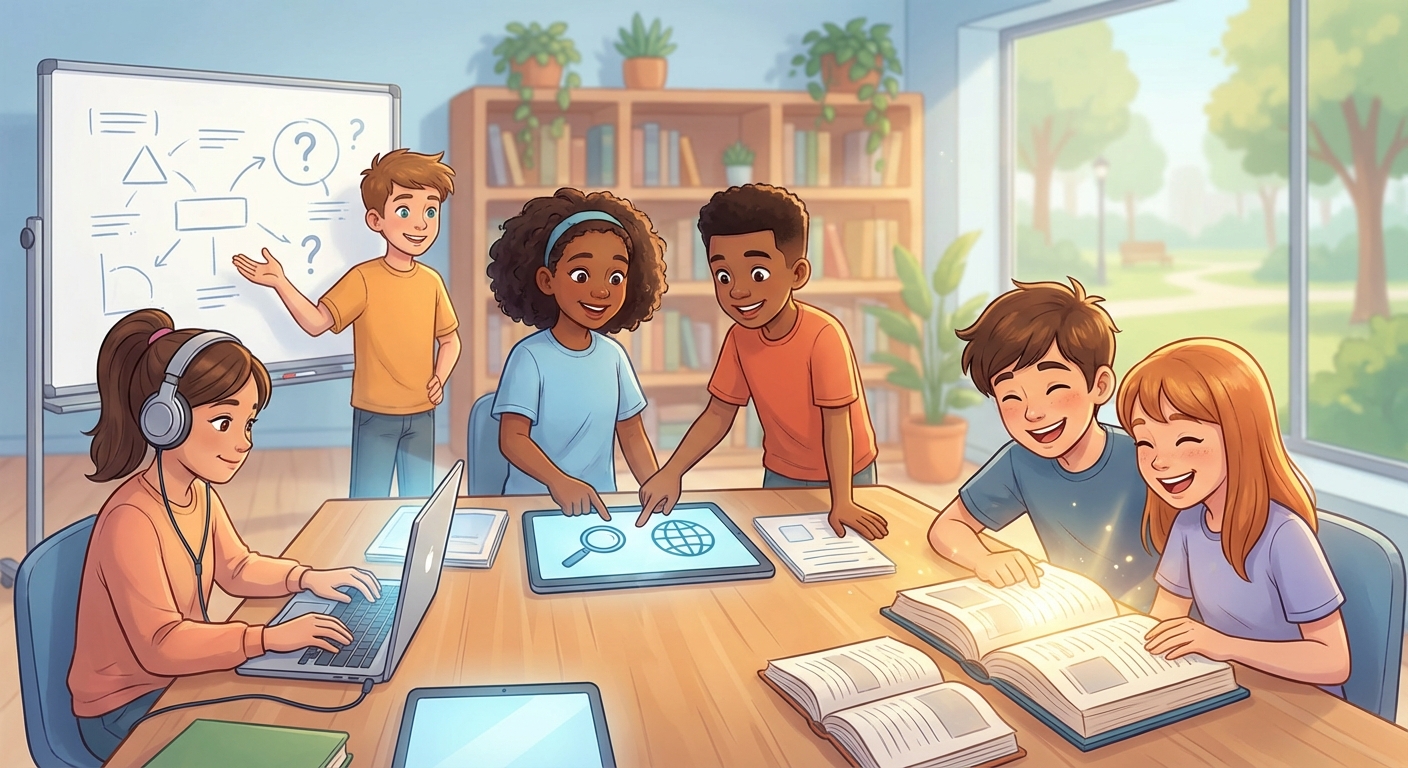🔍 Mastering Search Skills: Your Guide to Smart Information Hunting
Every day we face a flood of facts, opinions, and images online.
Learning how to search wisely protects you from mistakes and misinformation.
1. Defining Search Skills
Search skills mean choosing the right words, tools, and filters to find information quickly.
They also involve checking whether the results answer your question accurately.
Critical thinking helps you ask, “What does this source really say?” before you accept it.
2. How Search Engines Work
Search engines use complex Algorithms to match your query with billions of web pages.
First, they Crawl the internet, copying text into massive databases called indexes.
Then, they rank pages by relevance, using factors like keywords, links, and freshness.
Understanding this process lets you tweak queries—adding quotes or minus signs—to narrow results.
Deeper Science
Algorithms rely on Machine Learning, which trains computers to recognize patterns in data.
When you type “climate change news 2023,” the engine predicts which articles match recent events.
Knowing this helps you spot bias: a site that appears first may be sponsored, not necessarily most reliable.
3. Spotting Reliable Sources
A credible source usually has an author, date, and clear purpose.
Check the domain: .edu, .gov, and reputable .org sites often provide trustworthy information.
Cross‑check facts with at least two independent outlets before sharing them.
Real‑world Application
During a school project on renewable energy, you might compare reports from the International Energy Agency and a popular blog.
The agency’s data is peer‑reviewed, while the blog may mix opinion with facts.
Evaluating both teaches you to separate evidence from speculation.
4. Using Search Skills in Everyday Life
You can apply search techniques to plan a birthday party, troubleshoot a tech problem, or follow current events.
When a new health guideline appears, search for the original government release, not just headlines.
This habit builds lifelong confidence in navigating both digital and printed media.
Current Events Connection
The recent launch of the James Webb Telescope generated thousands of articles.
By adding “peer‑reviewed” to your search, you find scientific papers rather than sensational headlines.
Practicing this now prepares you for future breakthroughs you’ll want to understand.
Mini Quiz & Experiment
| Question | Answer |
|---|---|
| 1. What does the “‑” symbol do in a Google search? | It excludes a word from results. |
| 2. Name one sign of a reliable source. | Author name, date, or .gov/.edu domain. |
| 3. How can you test if two articles agree? | Compare key facts and statistics. |
Experiment: Choose a topic you love (e.g., video‑game graphics).
- Search the term normally and note the first three results.
- Search again using quotes around the phrase and a minus sign to exclude “review”.
- Write a short paragraph describing how the results changed and why.
Mastering search skills turns you into a confident information detective.
Keep practicing, question every result, and explore new.
